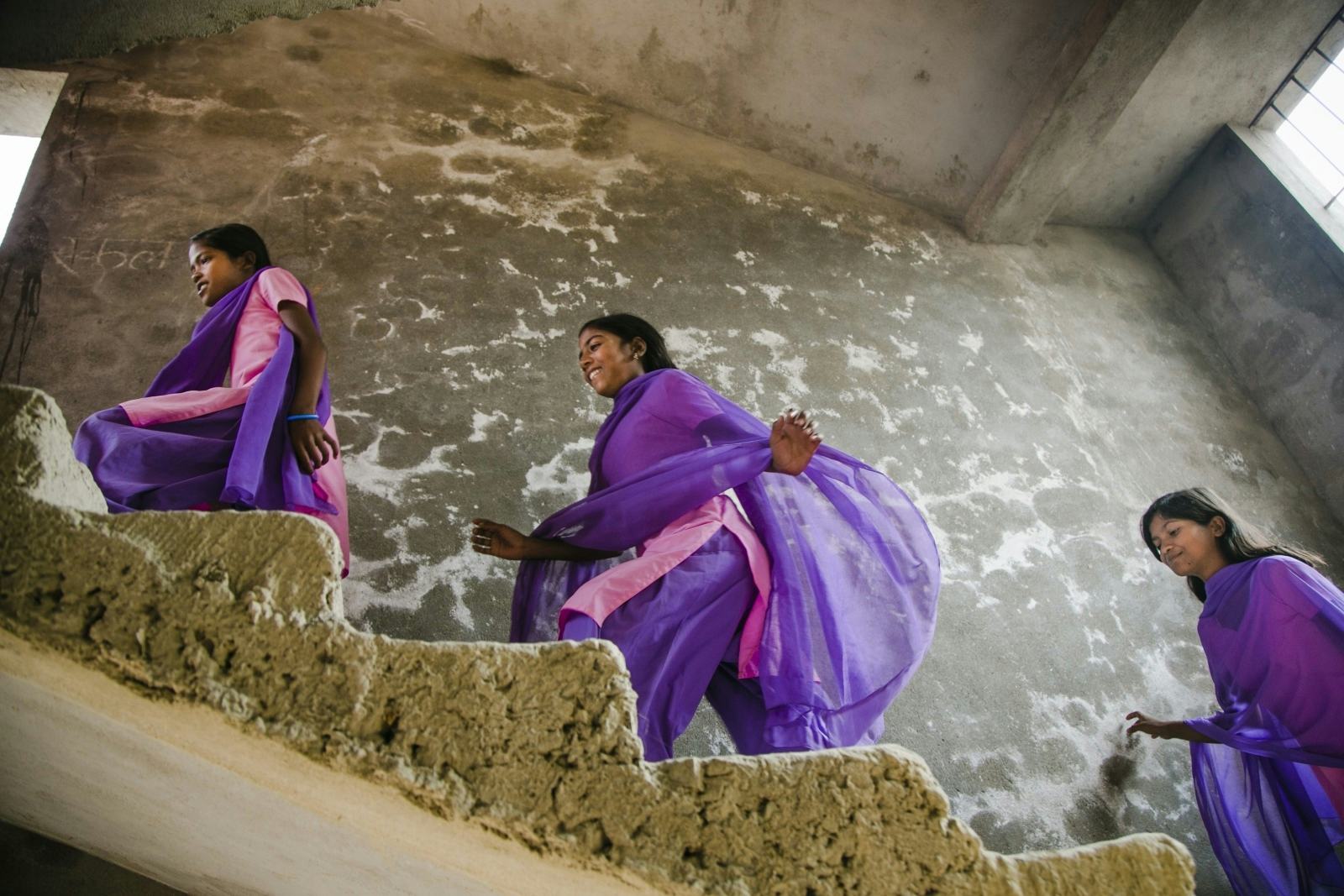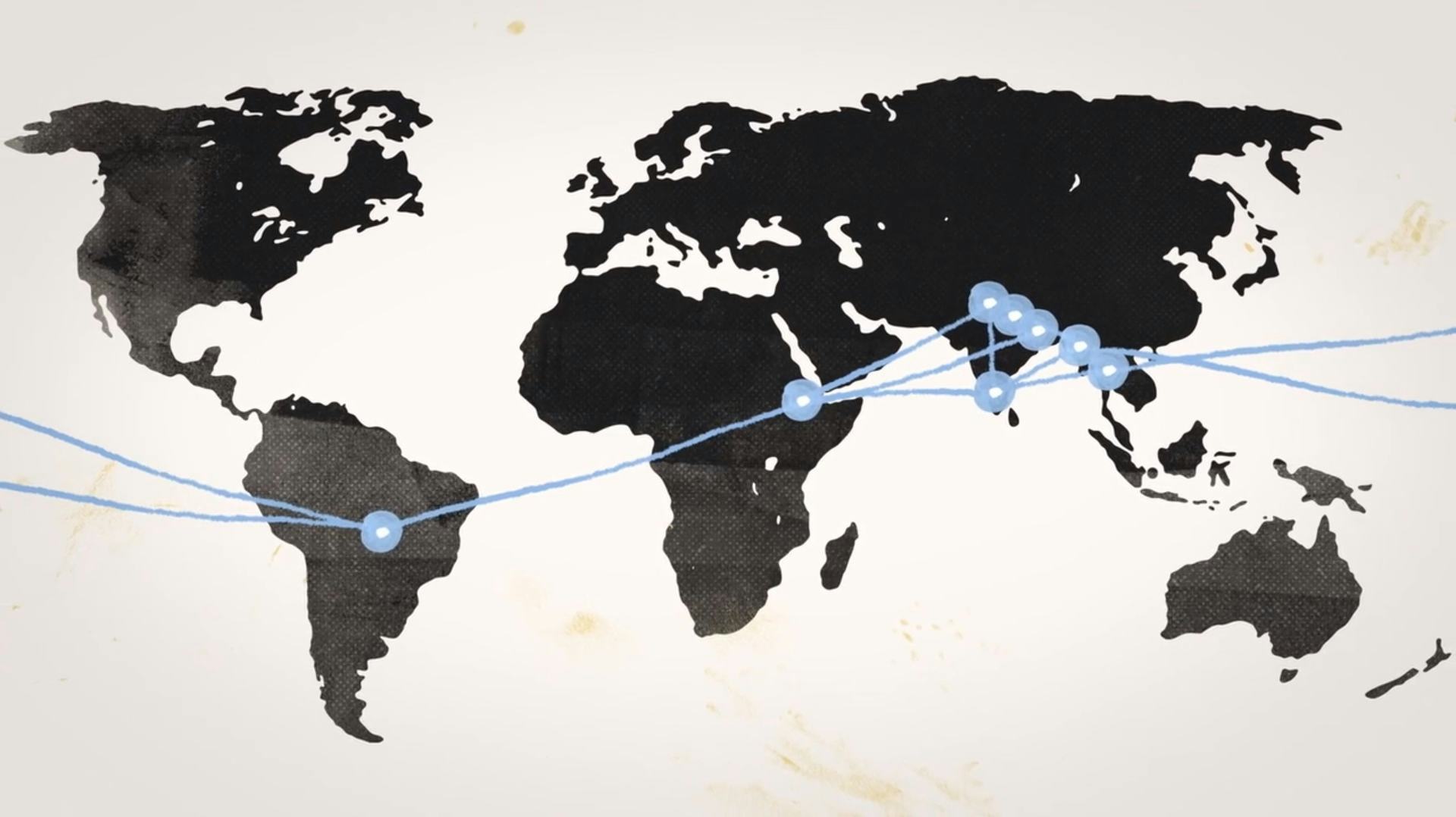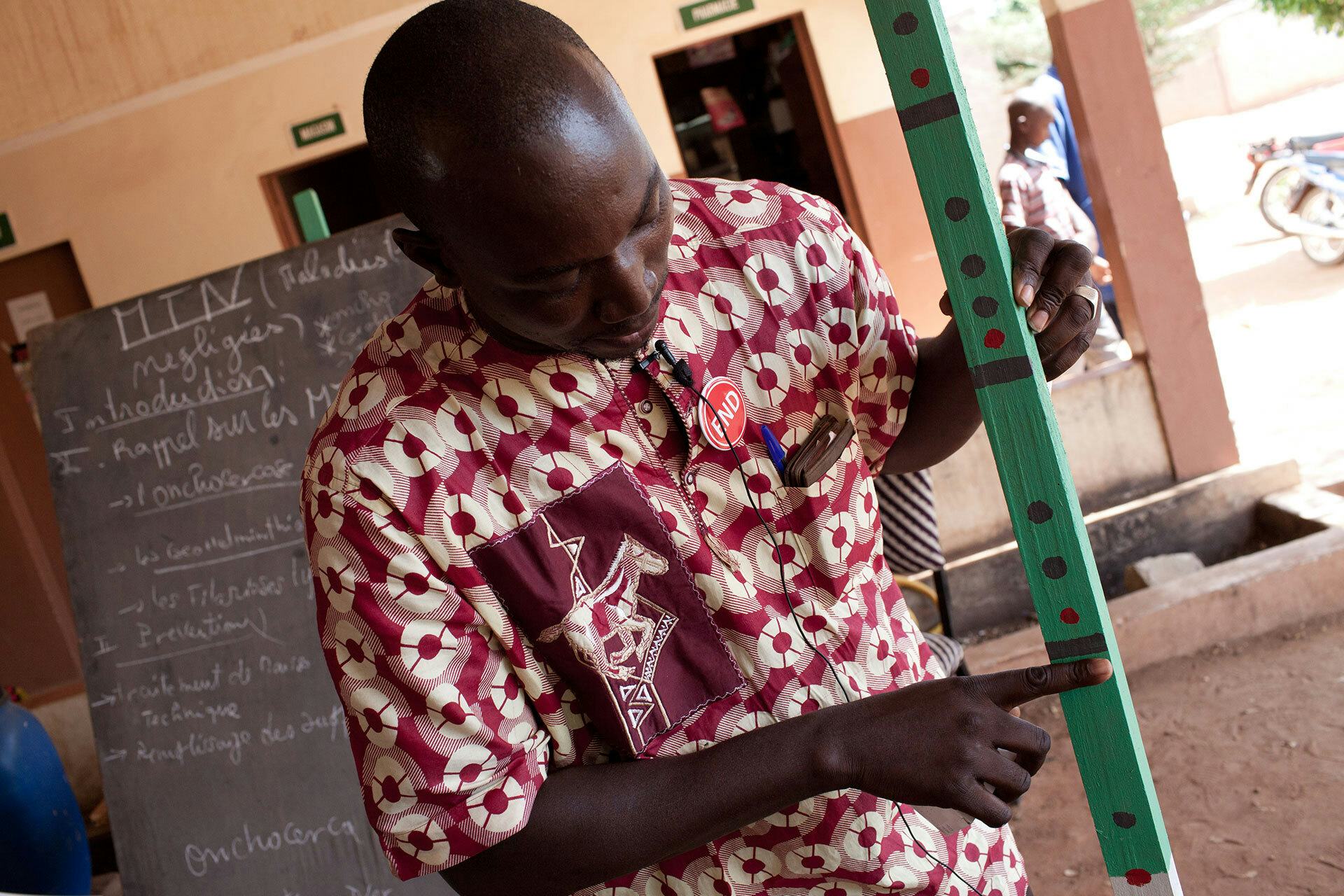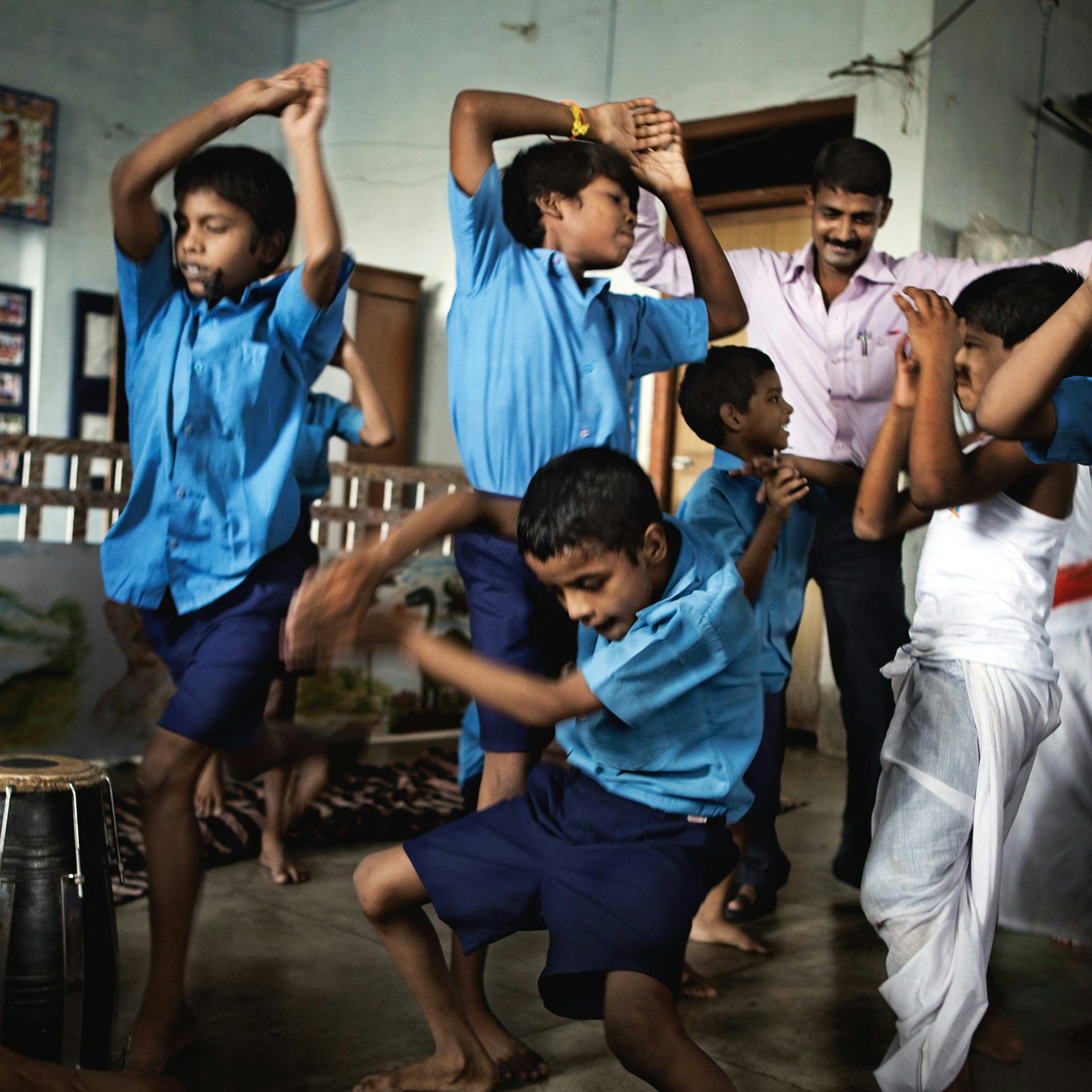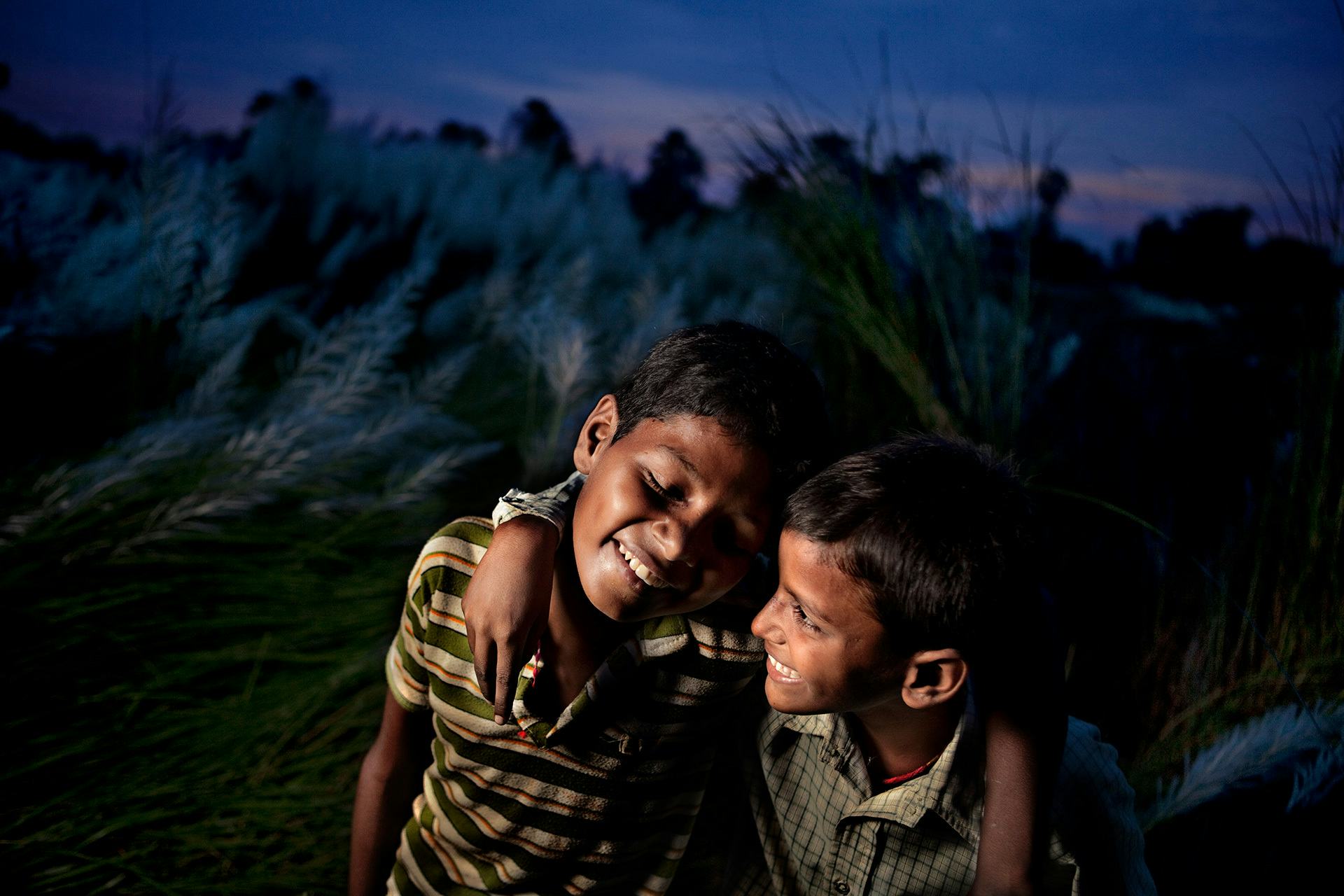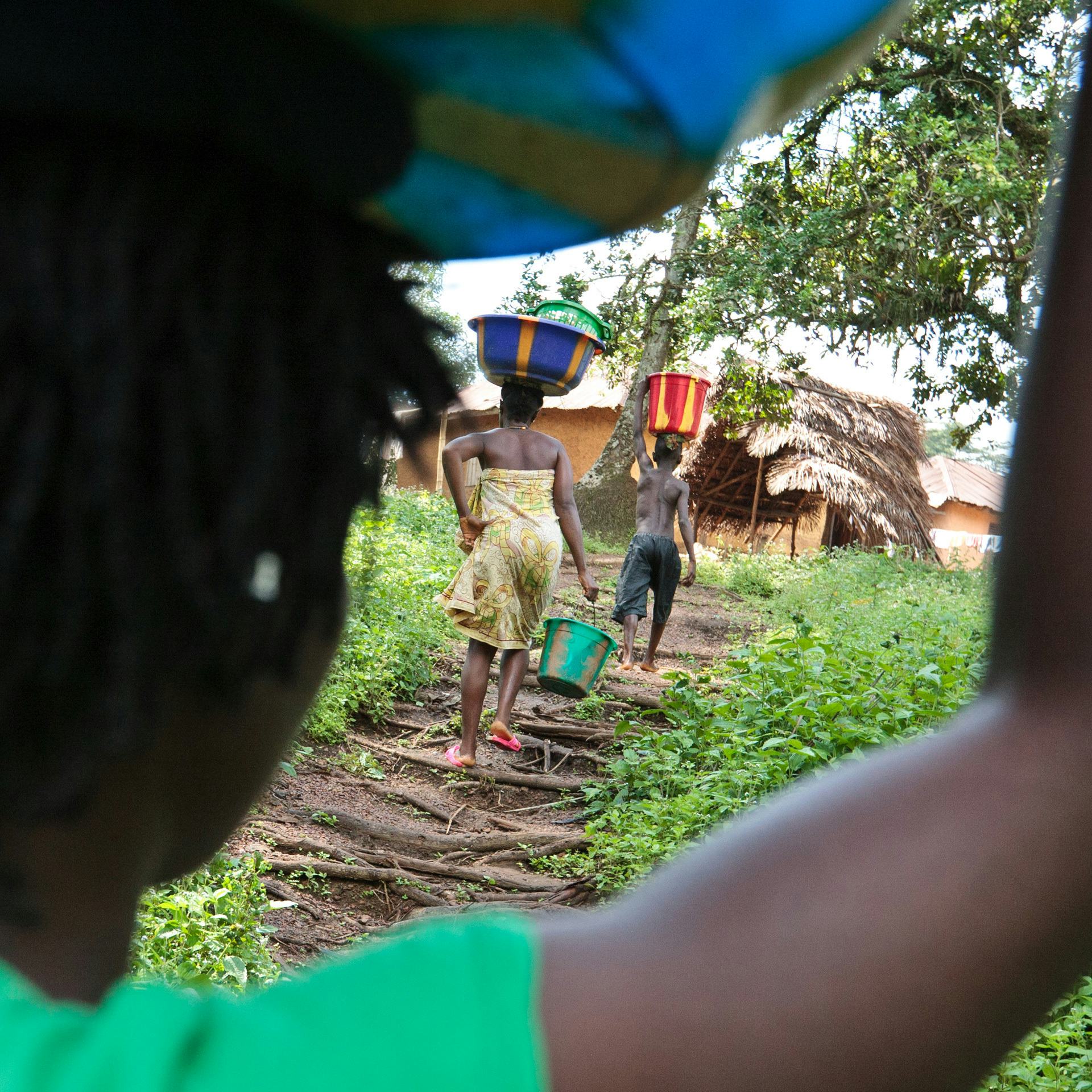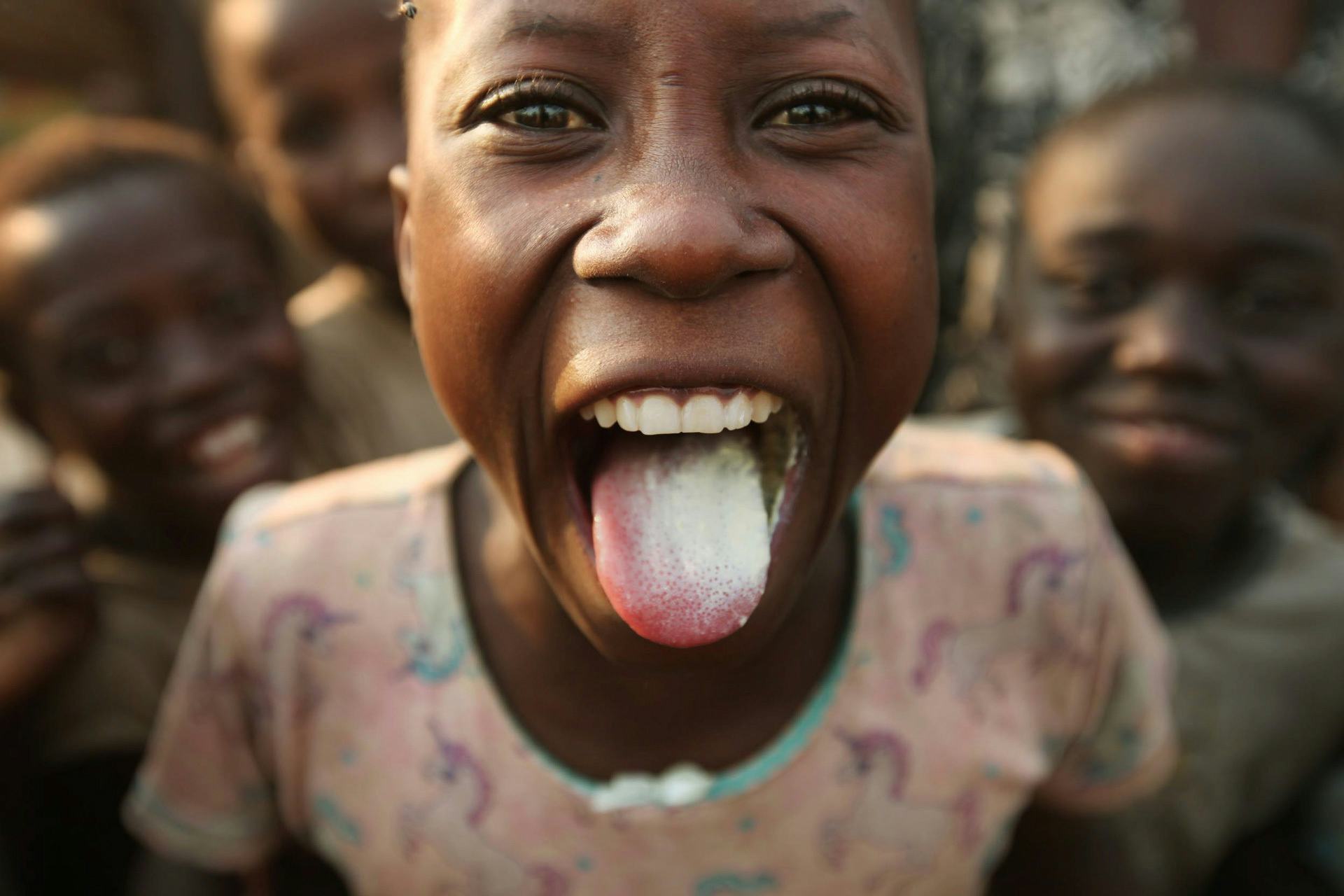In 2007, Legatum established the Child Labour Initiative as a three year programme designed to address the child labour problem around Lake Volta in Ghana.
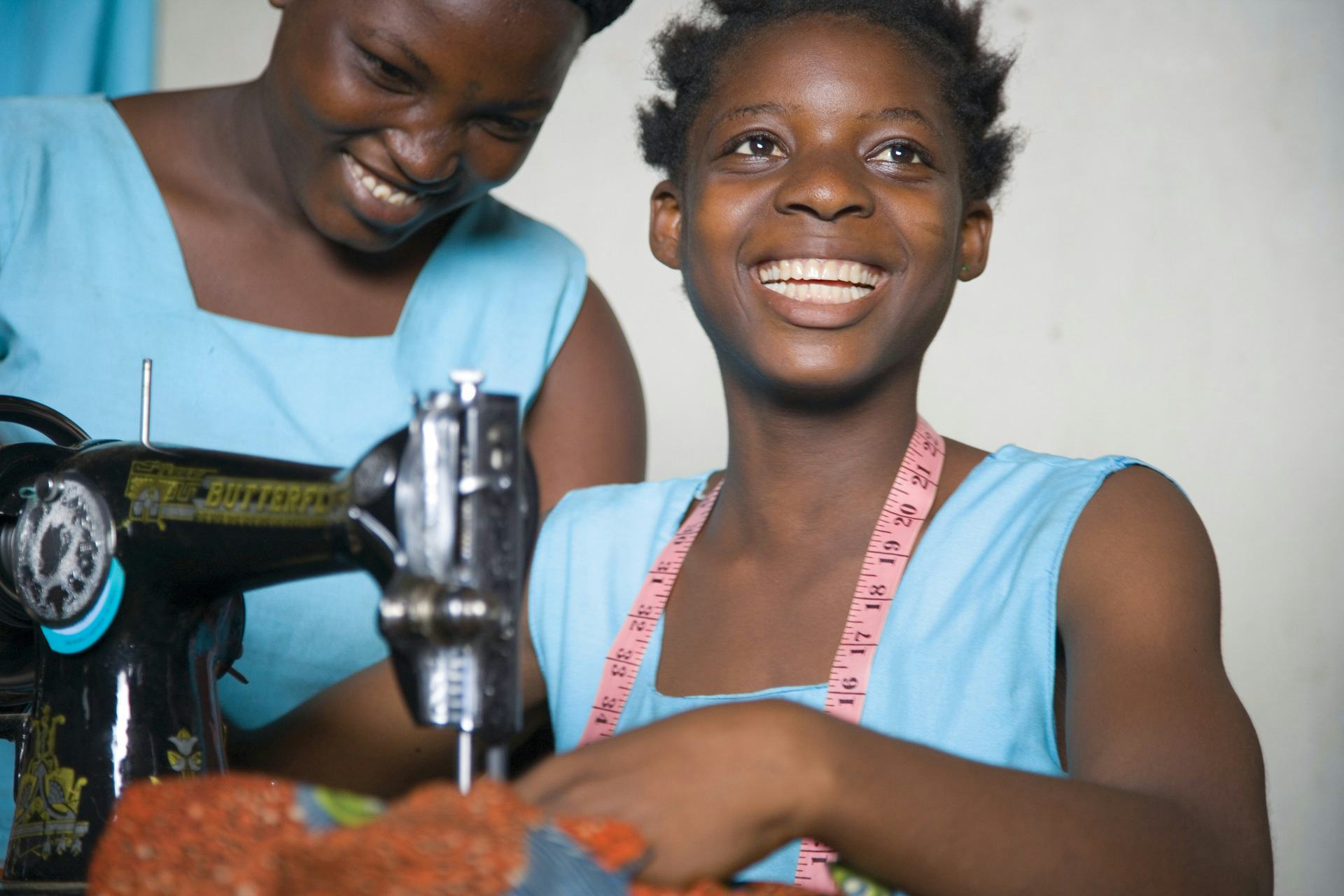
In 2007, Legatum established the Child Labour Initiative as a three year programme designed to address the child labour problem around Lake Volta in Ghana.

In Ghana, traditional cultural practices, combined with poverty and a lack of viable economic activities, mean that child labour and human trafficking are prevalent. About one third of children aged between 7 and 14 work full time, with children as young as four being sent to live with relatives to learn a trade. In the Lake Volta region of Ghana, fishermen will pay parents $50 per child, ostensibly to teach them their trade. Many of these children die or suffer from ill health, malnutrition and deplorable living conditions with no access to basic medical care.
In 2007, Legatum established the Child Labour Initiative as a three year programme designed to address the child labour problem around Lake Volta, with a focus on stopping child trafficking before it happens and addressing the underlying poverty fuelling the practice. The initiative had a goal of impacting over 40,000 people.
The Child Labour Initiative put the majority of its focus into prevention efforts with parents, children traffickers and law enforcement officials to keep children from becoming stuck in the fishing industry. Fishermen and other traffickers were taught about the impact of child labour and were made aware of the legal consequences.
Additionally the initiative sought to address the underlying poverty that fuels parents’ decisions to send their children to work, by training parents in alternative income generation activities and therefore reducing their dependence on child labour.
Finally, the initiative worked to rescue and rehabilitate children trapped in the fishing industry, in part through the establishment of transit shelters, which make it possible for rescued children to receive medical care and counselling before being reunited with their families.
Overall this initiative was successful - the implementing partners experienced a lot of success, with the education and awareness campaign having a significant impact and resulting in parents keeping their children in education rather than sending them to work.
However, the initiative didn’t come without challenges. The importance of having the right implementing partners was brought to the fore over the three years and independent evaluation found that some of the personnel were inexperienced, or they lacked training. Independent evaluation also indicated that central government bodies were not aware of or involved in the initiative during its three years of operation, representing a missed opportunity for the sustainability and ongoing impact of the programme.
It was found that up to 40% of the children in some communities could not be traced one or two years after having been rescued - this was attributed to the lack of an effective, ongoing monitoring system which created space for the children to be re-trafficked.
Despite these challenges, this initiative showed how working to educate people involved at every stage of child labour - whether that is the children themselves, their parents, the traffickers or law enforcement - helps create a true paradigm shift and we saw that human trafficking laws improved drastically in the Lake Volta region. It also demonstrated the importance of working with the right local partners to have the best chance at long term change.

These initiatives were where we first tested the hotspot model that would form the basis of the approach for The Freedom Fund

Dubai International Financial Centre
Dubai, United Arab Emirates




